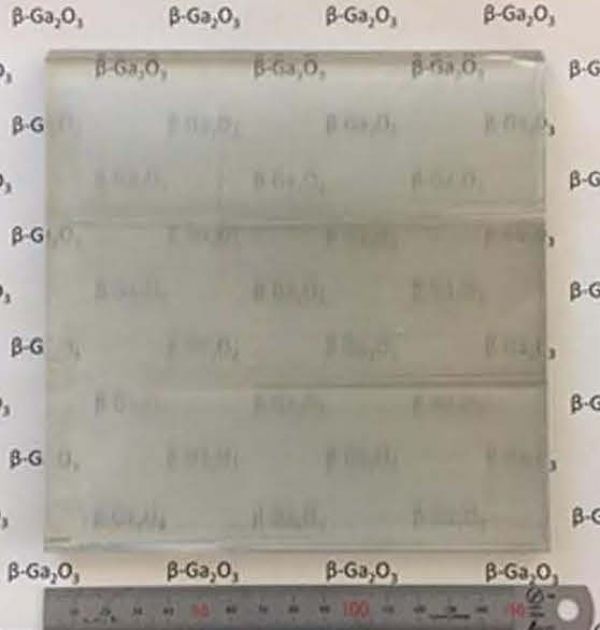New research from North Carolina State University finds that radiation detectors making use of single-crystal gallium oxide allow for monitoring X-ray radiation in near-real time.
“We found that the gallium oxide radiation detector worked very fast, which could offer benefits to many applications such as medical imaging,” says Ge Yang, an assistant professor of nuclear engineering at NC State and corresponding author of a paper on the work. “This is particularly exciting because recent research tells us that gallium oxide has excellent radiation hardness – meaning it will keep doing its job even when exposed to high amounts of radiation.
“In short, we think this material is faster than many existing materials used in X-ray detection – and able to withstand higher levels of radiation.”
For this study, the researchers made a radiation detector that incorporated a single-crystal sample of gallium oxide with electrodes attached on either side. The researchers applied different bias voltages across the gallium oxide while exposing the material to X-ray radiation.
Read more at North Carolina State University
Image Credit: Michael A. Mastro et al.


